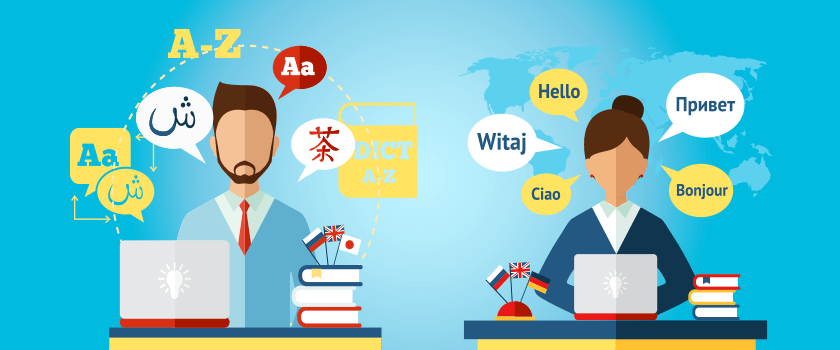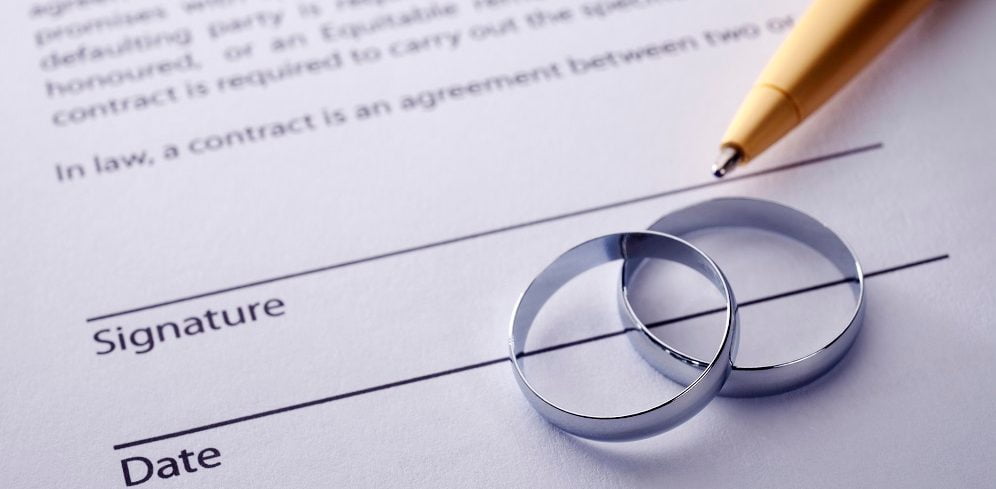Dubai has already engraved itself as one of the most significant world centers of trade, tourism and connectivity with the entire world. The city hosts a mixed population of people who are distributed over two hundred nationalities and it lives under the power of multilingual communication. Whether it is legal proceedings, business contracts, medical documents, and immigration documents translation is a need in Dubai. Translation however is not limited to fluency of language. Translations must usually be certified to be accepted as official by the authorities, and courts and other institutions thus require certified translations.
Certified translation is the process of converting into an authentic, dependable and legally acceptable translation. However, the certification rules are not identical in all of the languages. Certain languages have a strong demand partly because of the large expatriate populations, and partly in connection with important trade relations or diplomatic ties. This comparative guide compares the certification process of seven major languages in Dubai, Arabic, English, German, French, Russian, Spanish and Chinese, and explores how each of them plays in Dubai, both in the context of laws and in the professional context of any area.
Arabic: The Legal Foundation Cornerstone
The official language of the UAE is Arabic and it is used as the backbone of any certification needs. All files that are to go to a governmental body, a court or any other authoritative land must be in Arabic. That is why Arabic translation is really highly controlled.
Certification can only be the work of the licensed translators of the UAE ministry of justice. Such translators go through strict tests to make sure that there is no mistake and that they are knowledgeable about both legal and cultural aspects. It may be a birth certificate, power of attorney or a business license, but with Arabic certification translation, it will all be transferred. Although English is largely spoken in Dubai, the availability of its document in Arabic form is essential to have any legal weight before the state organs.
In English-The Business Default
In Dubai, only English plays a special role in the city as international business, finance, and commerce are conducted in the language. Although it is not the official language, it is commonly used as the language of communication in international businesses, real estate dealings and Universities.
The requirements of certification of English translation are just a bit more flexible as compared to Arabic. English documents presented to the UAE courts will still technically need Arabic translation, but as an international standard of doing business, there is an increasing demand to use the certified English versions also in embassies and consulates to utilize in international businesses and contracts. Translators who offer certified English translations are usually accredited by well-known bodies or collaborate with the agencies licensed by the government of Dubai. In reality because English is the language that links the international ex-pats to the host framework it is the bonding language.
German: Accuracy in law and Technical matters
Germany also has an excellent economic and diplomatic relationship with the UAE, especially in areas like engineering, automotive and healthcare. There is a large population of German expats residing in Dubai and this creates a market need of quality certified German translations.
German documents – whether academic certificates, medical records or corporate contracts – tend to be of high accuracy and subject to format standards, which means certification may require both accuracy and formatting standards. When used to legal purposes, translating German into Arabic must be notarized, and officially translated and certified by the UAE Ministry of Justice and British Foreign Affairs. In exceptional situations, the German Embassy or Consultative offices in Dubai are also required to authenticate it. As German documentation itself places a high level of emphasization on precision and technicality, certified translators are anticipated to possess sector specific knowledge as well as language skills.
French: a Diplomatic and a Cultural Presence
French has a leading status in Dubai since it is known as a diplomatic power and its culture has a major influence. There is a substantial French-speaking expatriate community located in the UAE, and French companies participate mostly in the sectors of aviation, luxury goods and education.
French French certifications requirements on translations are close to German. All documents presented in French will need Arabic translation in order to be submitted to the UAE authorities, and translators who translate documents must be registered by the official Ministry of Justice. Simultaneously, the bilateral agreements as well as the embassy procedures and the international business and trade transactions need certified French translation services. In some cases, a cooperation between the French Consulate and the actual process of certification is common, especially those documents that must be taken into both the French and the UAE.
Russian: Increasing Business and Immigration
The demand for the Russian language has increased sharply in Dubai in recent years, owing greatly to the influx of Russian expatriates and tourists visiting the country. Russian entrepreneurs, investors, and professionals have found the UAE a very appealing destination, and it sets a consistent demand on certified Russian translated documents.
Certification requirements–Official attestation such as found in German and French papers. Legal documents which have to be translated are contracts, property ownership documentation, and documents related to immigration. In most instances, the document must be notarized and must be approved by both the Ministry of Foreign Affairs and ministry of Justice. Russian translations are also very crucial when it comes to cross-border trade particularly in real-estate business and power business.
Business, Education and Tourism in Spanish
Spanish is the other speech which is also among the significant speeches in the multilingual Dubai. Spanish is used in Latin American and Spain. Spanish-speaking communities and increasing business relations with Latin America have demanded a lot of certified Spanish translation.
The process of certification of other European languages is reflective. Any Spanish document to be used in the UAE would be required to be accompanied by an Arabic (certified) translation as well, by a Ministry of Justice-licensed translator. A certified Spanish translation is usually demanded of academic certificates, employment agreements, and immigration documents. On bilateral grounds the Spanish Consulate office in Dubai also does authentication where a document is to be signed in the two jurisdictions.
Chinese: A trade and Commercial Powerhouse
The increasing economic connection between China and the UAE means that the Chinese language becomes one of the most vital languages to be translated with certifications. With Dubai having Chinese companies integrated in its construction, technology and retailing industries, the certified Chinese translation is highly demanded.
The requirements of certification are identical with the pathway to translate into the Arabic language to make it legally valid. Business licenses, trades agreement, and contracts that are written in Chinese are usually needed to be translated by a certified translator before they are accepted by Industries in Dubai. In relation to business and trade, the Chinese translations must be accurate because expressions relating to business in China or business-related vocabulary are involved. The cooperation between translators who received their certificates, notaries and the Consulate of China tends to contribute to the recognition both in China and the United Arab Emirates.
Conclusion: The Multilingual Certification Scene in Dubai
Certification of translations in Dubai has a globalized typography as it balances the significance of translating in Arabic due to its official character, translating in English since it is the language promulgated in most of the official cases, and an increase in translating in the languages of other parts of the world, such as German, French, Russian, Spanish, and Chinese. Although the processes of certification may have some similar features they all have specific expectations that go along with the language.
In the multilingual city of Dubai where there is always a multiplicity of languages, it is imperative that businesses, professionals and/or individuals know such requirements. Certified translation is not only an order-of-business procedure but a passport to legal acceptance, a ticket to commercial success, and an assured point of cross-cultural credibility. As Dubai goes on to firmly establish itself as an international hub, the requirement of trustworthy and quality certified translation across these seven major languages will always be at the centre of its success on international grounds.


